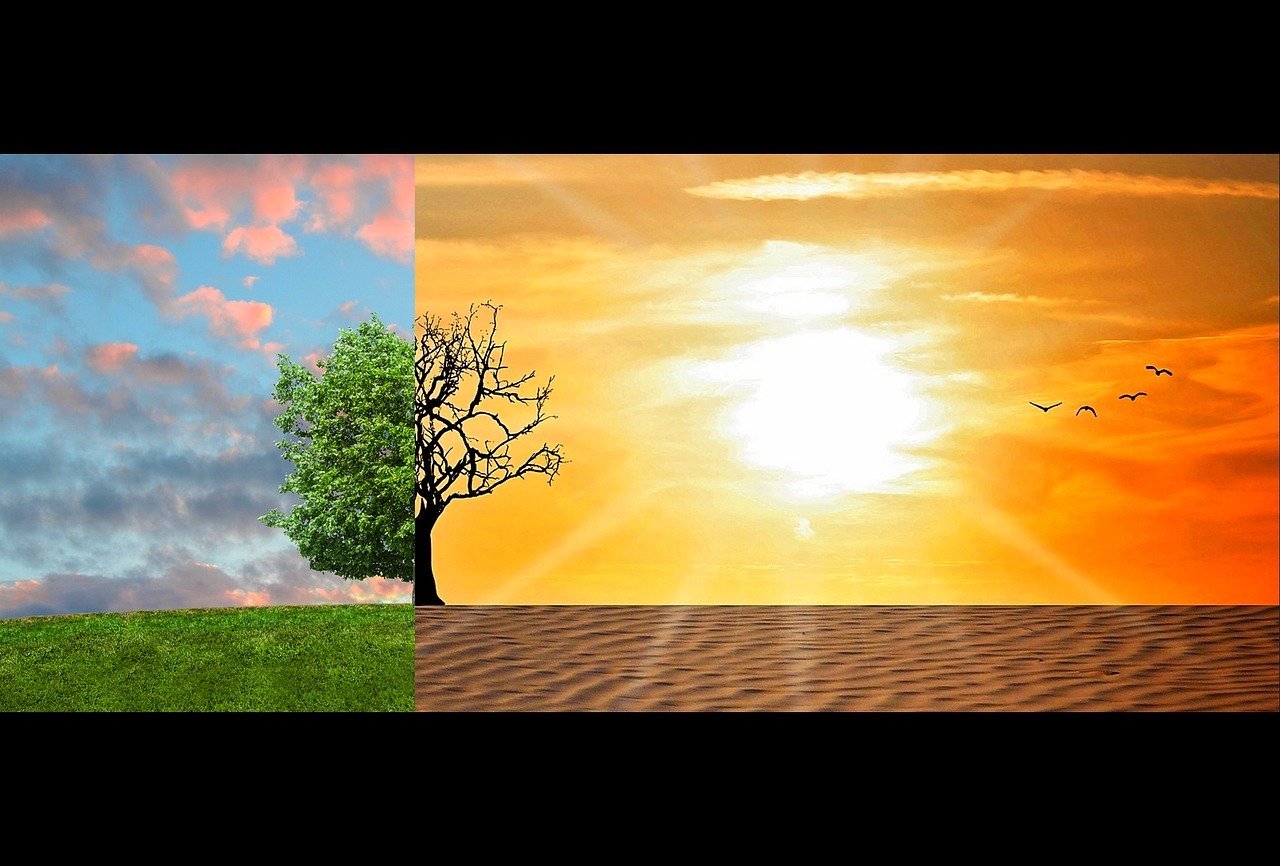In the last few weeks, I’ve been working with some colleagues at the University of Waikato to construct a first-year course introducing Climate Change Science, with a bit of a NZ focus. This would be suitable for students of all backgrounds (not just science students although those would likely be the majority). It’s not that we don’t talk about climate change with our students – we do – but what students do at the moment is scattered around a variety of different papers. This new paper would pull a lot of this together. After a bit of reading and talking to others, I drafted a list of possible topics. A chemist colleague did the same (independently) and we compared our lists.
We were, reassuringly, selecting the same kind of things. Topics such as atmospheric circulation, measuring climate and evidence for anthropogenic climate change, solar spectrum and greenhouse effect, greenhouse gas chemistry, sources and sinks of greenhouse gases, carbon cycle, ocean acidification, feedback loops and tipping points, the NZ energy sector, ‘greener’ energy options and challenges and so on. My colleague’s list was a bit more chemistry-focused than mine, which had a bit more a physics spin to it, but then there were no surprises there.
We were aware that the list was probably skewed towards the physics and chemistry side by our own interests, so we did them work at getting other topics in there too – effect on NZ agriculture and ecosystems, the marine environment, and so on.
Last week we presented our tentative plans to a much broader audience, whereupon it became clear that a physicist’s view of climate change science amounts to only a tiny fraction of what climate change science could encompass. What about, my audience asked: Coastal processes and erosion, geological records of climate change, ocean currents, polar effects, geoengineering and carbon capture, effect on NZ native flora and fauna, sea-level rise, sea-temperature rise, extreme climate events, acquaculture and so on and so on? Climate change science is vast in scope, and must cross into every just-about every discipline of science.
And this is just science. In a broader context (which is not what the paper is about, but it can’t be constructed without some thought about them): emission targets and environmental law, energy and transport policy, economics, social policy, indigenous perspectives, and so on and so on and so on.
Clearly, an Introduction to Climate Change Science is going to be a hard thing to condense down to just a single course. Burroughs’ book “Climate Change: A multidisciplinary approach“* is doing well to try to present it** at an ‘introductory’ level in just 314 pages. But surely a single course is better than no courses, which is what we have at the moment.
*Burroughs, W. (2007). Climate Change: A Multidisciplinary Approach (2nd ed.). Cambridge: Cambridge University Press. doi:10.1017/CBO9780511803819
**I’m sure many will say that it misses out a lot
